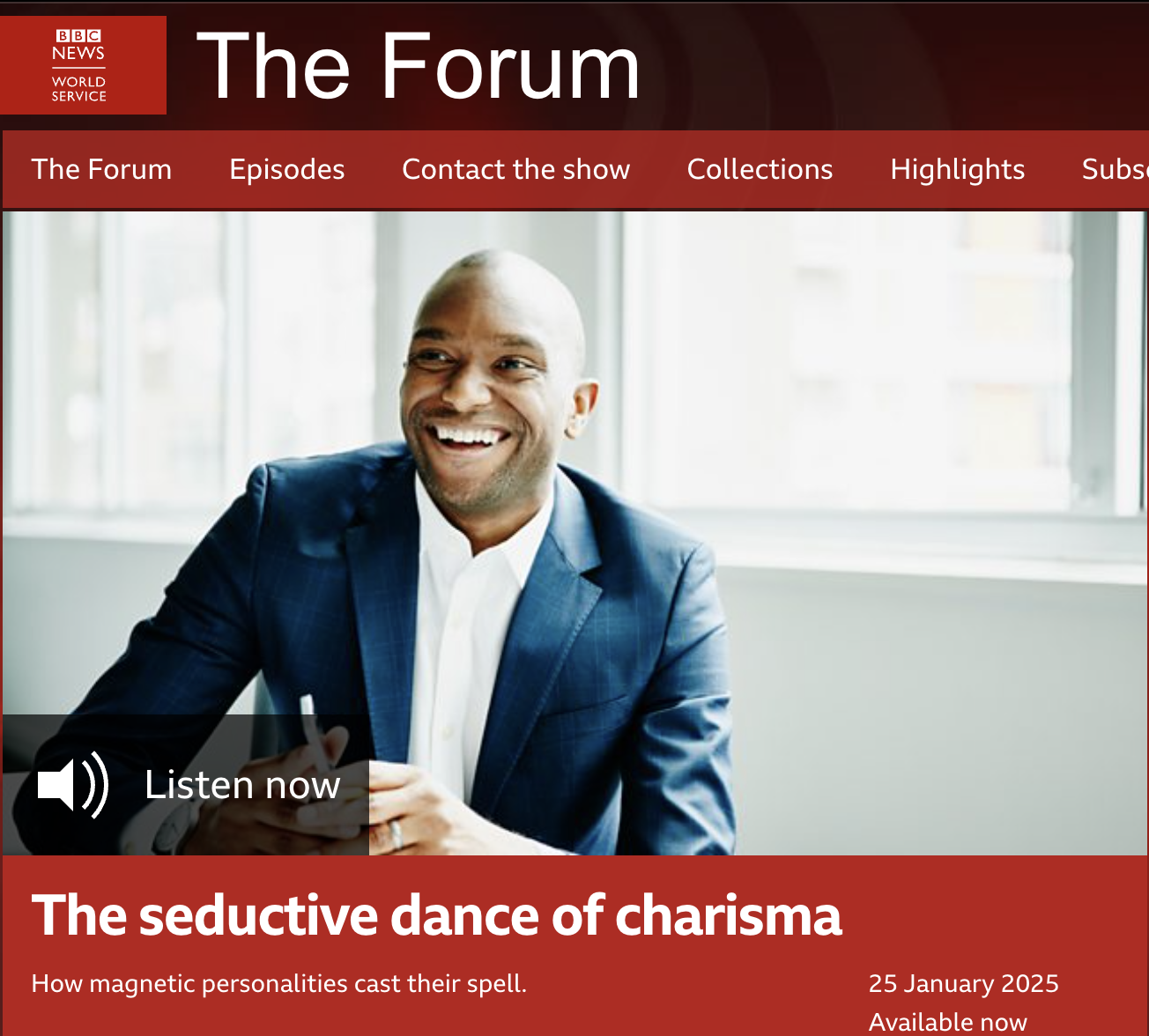The Rise of Fans and Fandom
When the writer Sir Arthur Conan Doyle killed off his most famous literary creation, Sherlock Holmes, readers were so angry that thousands cancelled their subscriptions to the magazine in which the stories appeared. The editor and Conan Doyle himself were overwhelmed with letters from a furious public - fans who instead of accepting the death of their favourite fictional character then started to write and share their own stories featuring Holmes. They eventually formed clubs and appreciation societies, brought together by a common interest.
This practice is something we recognise today across the globe. In areas as diverse as sport, music, film and TV (to mention just a few), fans are not just passive consumers as the recent activities of Swifties (Taylor Swift fans) demonstrate. They’re actively engaged, creating content of their own and connecting with others to nurture a shared identity. The internet has made that easier than ever before, with fans now using their platform to influence political discourse too.
I discuss the history and inexorable rise of fandom, with guests Paul Booth, Professor of Media and Pop Culture at DePaul University in Chicago in the United States); Areum Jeong, Assistant Professor of Korean Studies at Arizona State University in the US and Corin Throsby from the University of Cambridge in the UK, whose research focuses on Romantic literature and early celebrity culture.
The programme also includes contributions from Julian Wamble, Assistant Professor of Political Science at George Washington University and the creator of Critical Magic Theory: An Analytical Harry Potter Podcast, and listeners around the world share their fan stories.
It will be broadcast on 28th December 12:06 Local time BBC WORLD SERVICE EXCEPT EAST AND SOUTHERN AFRICA & WEST AND CENTRAL AFRICA.
Or Listen Right NOW below and on BBC Sounds.









